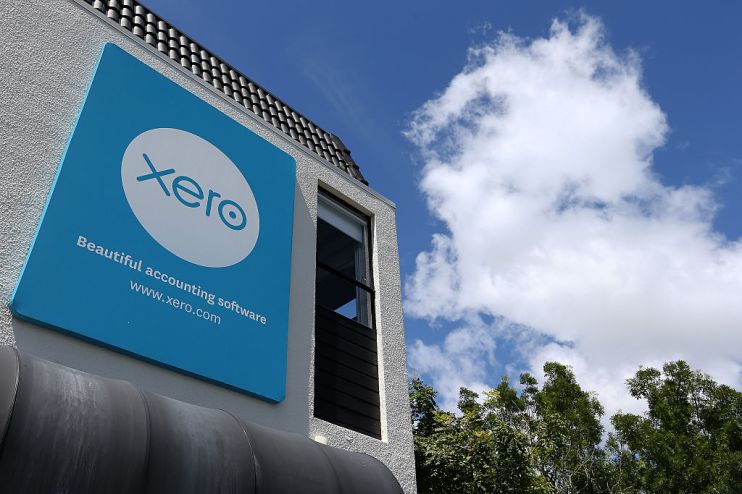Taxing times: Business groups call for relief on digital tools

Business groups have called on the government to introduce a tax relief on digital tools, in a bid to support struggling small and medium-sized enterprises (SMEs) amid the ongoing coronavirus pandemic.
Industry experts ranging from the Institute of Directors (IoD) to Be the Business said the pandemic has heightened the need for small businesses to adopt greater use of digital technology.
The extent to which small businesses can expect a healthy post-pandemic recovery depends upon “how digitally enabled they are”, research from online accounting software firm Xero revealed.
The small business platform’s report, published this week, found that small firms have been more deeply affected than large ones, with jobs losses set to be almost twice as big.
Popular digital tools include Shopify and Stripe, with Xero urging the government to champion more tech adoption.
Lockdown measures have had a profound impact on the uptake of digital apps.
Small businesses who used apps to manage their business before the crisis saw a 12 per cent smaller decline and smaller job losses than other small businesses, Xero’s data revealed.
The benefits to small businesses are made apparent in the report, as those with five more apps connected to their account had both smaller revenue falls and job losses than other SMEs during the crisis.
Xero’s report suggested that greater implementation of technology could be achieved by issuing a digital tax relief to help small businesses “build resilience for future economic challenges”.
Gary Turner, co-founder and managing director of Xero, commented: “The post-lockdown economic recovery is at a crossroads now as furlough and eating out schemes come to an end. As unpredictable as this year has been, one certainty is that digitally-enabled businesses are likely to recover faster than those who aren’t.
“We’re calling on the government to support business recovery with funding for tech adoption and the introduction of a tax offset for expenses against technology implementation. Driving digitisation will help countless small businesses to get back on their feet.”
‘Defensive government measures must turn to stimulation’
IoD chief economist Tej Parikh said that with the furlough scheme winding down in October, the government must now draw up plans for stimulating economic growth.
“A lot of the measures so far from the government have been very defensive,” he said. “They have allowed businesses to tread water.”
“The next stage for government measures is to stimulate growth strategies and investment.”
‘Future of small businesses lies in digital technology’
Tom Gibson, head of digital and technology adoption at Be the Business said the Covid-19 crisis had forced small businesses to make changes to the way they work.
“This is a pivotal moment for UK business, and having a time bound incentive to encourage SMEs to adopt the right kind of tech makes sense,” he said.
“However, a tax relief or grant won’t work in isolation. Our research has found major barriers to SMEs successfully adopting tech, and these need to be overcome in parallel with financial incentives.
“Be the Business is working with the technology industry to develop a range of innovative programmes that make it easier for businesses to embrace technology. This includes a ‘CTO on demand’ providing one to one expertise, and Adoption Labs that support small business owners through their tech journey. Initiatives like these in tandem with incentives are what will really make a positive impact.”
‘Widen definition of research and development tax credits’
Parikh said one financial incentive that could help keep small businesses afloat was a government rethink on the use of research & development (R&D) tax credits.
“There are currently tax credits for research & development, so if a small business does default it can get tax credits,” he said.
“Why don’t we widen the definition of R&D to include any form of digital investment so we can get basic investment in all the digital tools that support businesses.”